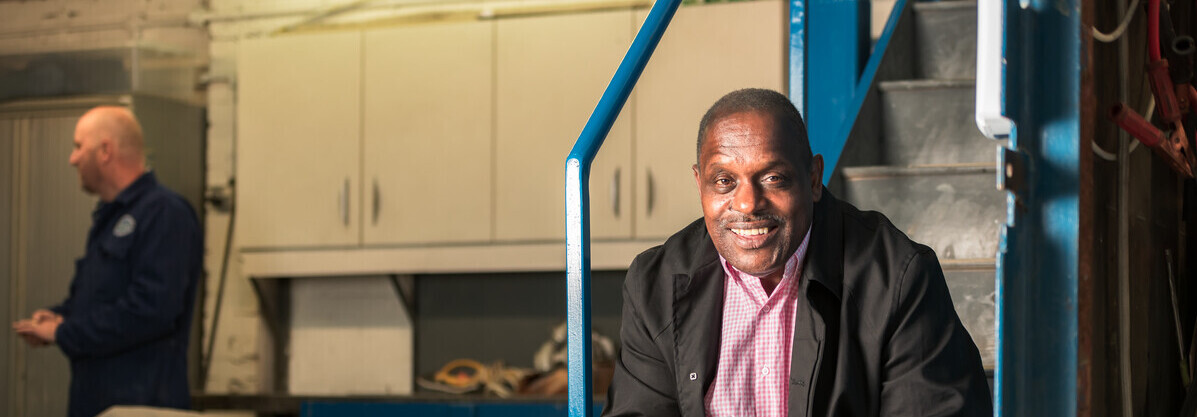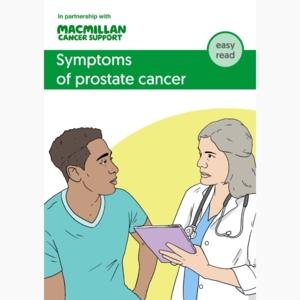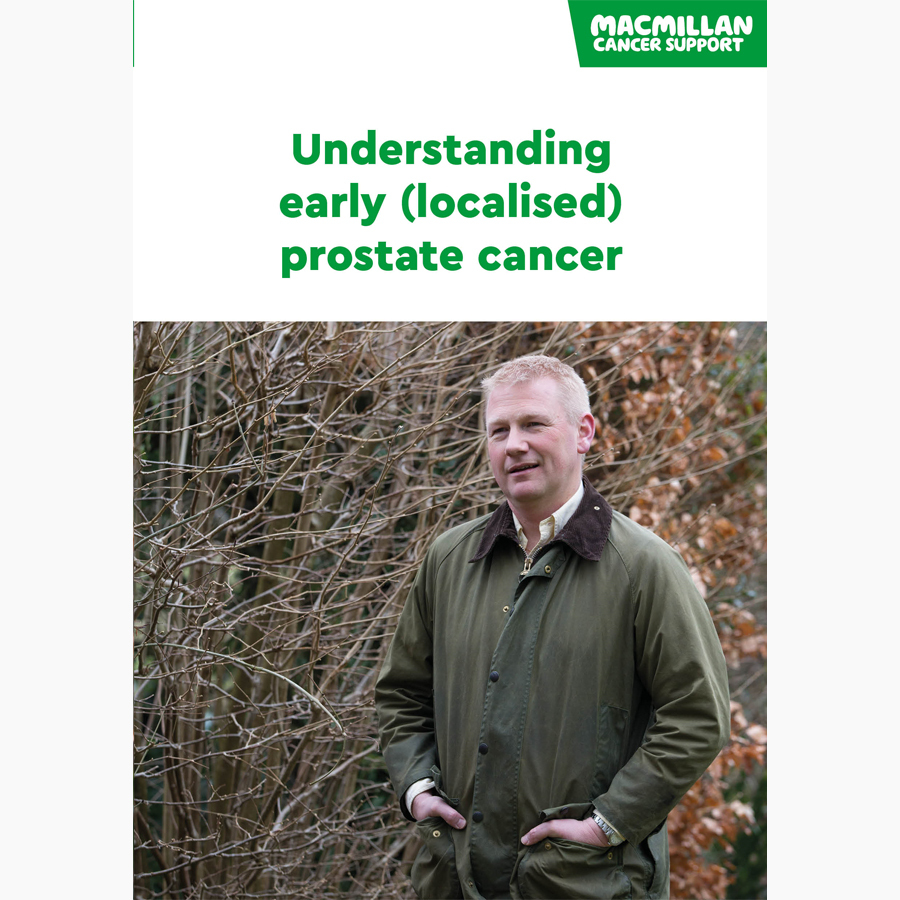
Prostate Cancer Awareness Month
About prostate cancer
Prostate cancer is a common cancer, and starts in the cells of the prostate.
-
Types of prostate cancer
There are a number of different types of prostate cancer:
In addition, the doctor will give your prostate cancer a stage, a grade and a risk group to help decide on the best treatment for you. Learn more about the staging and grading of prostate cancer. -
Prostate cancer symptoms
You may not experience any symptoms in the early stage of prostate cancer. It is only when the cancer is large enough to press on the tube that carries the urine from the bladder (urethra) that symptoms can occur. These can include:
- needing to pee more often than usual, especially at night
- difficulty peeing – for example, a weak flow or having to strain to start peeing
- feeling like you have not completely emptied your bladder.
Sometimes the symptoms of benign (non-cancerous) prostate conditions and prostate cancer are similar. If you have any prostate cancer symptoms, it is important to have them checked by your doctor. Your GP can do tests to find out if you need a referral to a specialist doctor. -
Risk factors of prostate cancer
We do not know what causes prostate cancer. However, certain risk factors may increase the chances of developing it:
- Age - the risk of getting prostate cancer increases from the age of 50
- Ethnicity - Black people have a higher risk of getting prostate cancer. Prostate Cancer UK have more information about risks and symptoms if you are Black and have a prostate
- Family history - the risk is higher if you have a father or brother who has had prostate cancer or a mother who has had breast cancer
- Body weight - being very overweight (obese) may increase the risk of having a more advanced prostate cancer
"Men are particularly bad at asking for support when faced with an operation on their prostate and the after effects" - Errol
Living with prostate cancer - Errol shares his story
Errol went to the doctors in 2010 about his snoring, on the request of his wife, and picked up a leaflet about prostate cancer. He decided to book an appointment for a blood test which he was given there and then.
He was diagnosed with prostate cancer and had his prostate removed, followed by 28 days of radiotherapy.
Listen to Errol's story on the Talking Cancer podcast.
Raising awareness within the Black community - Paul shares his story
Paul was diagnosed with prostate cancer at the age of 49.
Recognising the importance of support, I committed to helping others on similar journeys, determined to make a positive impact.
"Navigating the healthcare system proved challenging for me, feeling at times as if I were invisible. Having encountered disparities in treatments and wading through a sea of misinformation, I became acutely aware of the need for advocacy. Motivated by a desire to be a voice for those who may feel unheard, I resolved to speak up on behalf of individuals facing difficulties articulating their needs."
Since his diagnosis, Paul went on to be the CEO of Cancer Black Care, a charity supporting the practical, emotional and cultural needs of individuals from the Black community and People of Colour, living with but not exclusively affected by cancer.
Read Paul's story and learn why he is passionate about making sure people know about the risk factors around prostate cancers and that the cancer risk is higher with Black men.
The impact on sex life - Elvin shares his story
Elvin was diagnosed with prostate cancer in 2016. He had a prostatectomy and is now cancer free. But he has had many side effects that have affected his sex life.
"I was so uneducated about prostate cancer and the treatment available, plus the potential side effects that include loss of erections, reduced libido and bladder and bowel problems. So I was totally overawed by the amount of information I had to take in. I was reeling from the shock of being diagnosed with cancer and my wife and I had to make a life changing decision on the treatment. And be quick about it!
Boys should be taught at school about the prostate, what it does and why it should be treated with respect whilst you are blessed with it. Also, the quicker men appreciate and fully understand the very real danger of prostate cancer the better."
Listen to the Testing for Prostate Cancer Audiobook
Greene King and Macmillan
Whether it's walking with a mate, chatting over a pint or during a car ride, as many as half of men (52%) say they feel more comfortable discussing personal issues when side-by-side, according to new research by Greene King (reference ii).
To mark Prostate Cancer Awareness month in March, we partnered with Greene King to highlight this new research. The findings show that where and how men have conversations matter.
Watch the video to find out more about how Greene King and Macmillan are advocating for men to have more of these important discussions.
Support for people with prostate cancer
Macmillan is here to support you through prostate cancer from diagnosis.








